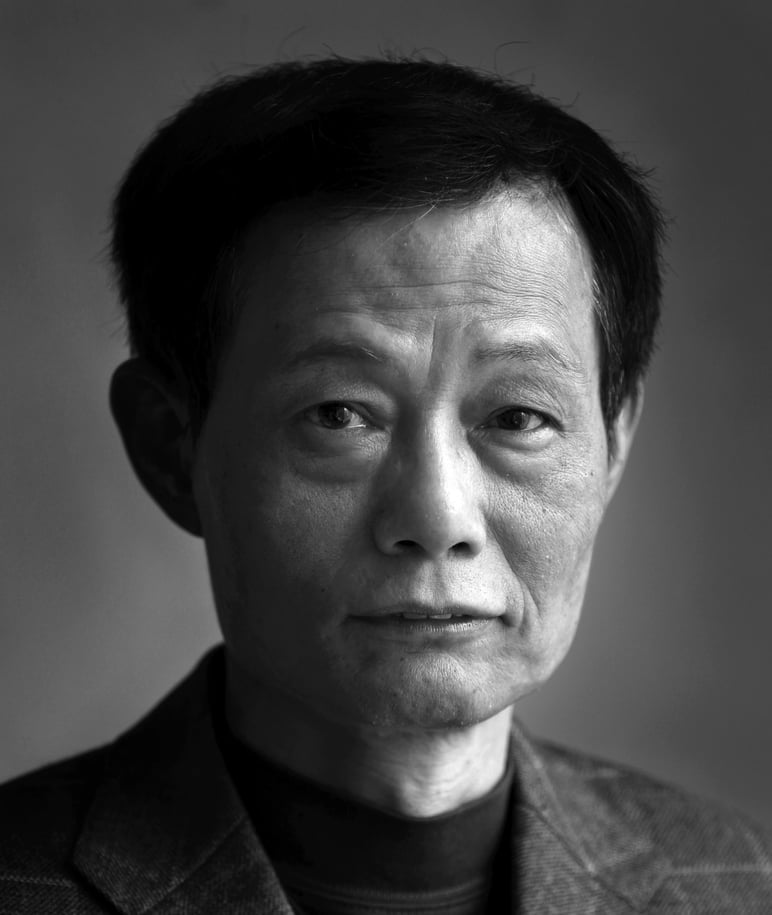
The world is waking up to the risks of relying on China for its critical medical supplies
- For the US and Europe, the coronavirus pandemic has highlighted China’s dominance in critical medical supplies.
- The reliance is now an issue of national security and geopolitical risk, with more countries seeing it as an imperative to decouple and diversify away from China
“Deglobalisation” and “decoupling” were buzzwords that dominated the global media amid the escalating US-China trade war, before the coronavirus outbreak began in January.
The disruption starved many multinationals of needed components and equipment, particularly those making hi-tech products, consumer electronics and smartphones, depressing or disrupting their production at home. Still, the supply-side shock is more of an economic issue, and has little to do with national security or geopolitics.
Covid-19 has also awakened the need to reassert national security and state sovereignty, leading to a rising nationalist sentiment with loud calls for greater self-sufficiency in areas such as medical supplies. For instance, nearly 70 countries have limited or banned the export of medical supplies.
The Covid-19 pandemic is simultaneously a supply-side and demand-side shock, underscoring the potential public health, humanitarian and geopolitical crisis, and exposing flaws in the global system. Economically, countries have become more connected and interdependent. Politically, however, governments rule in totally different ways with different objectives.
Covid-19 will undoubtedly hasten the efforts of Western nations to not only diversify their supply sources to reduce economic risks, but also to diversify away from China to reduce the national security and geopolitical hazards.
Cary Huang is a veteran China affairs columnist, having written on this topic since the early 1990s

